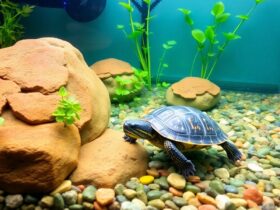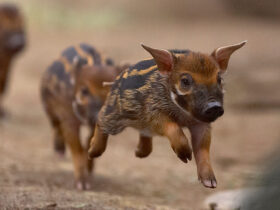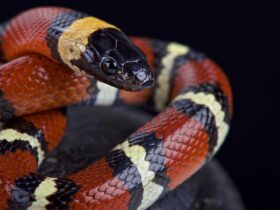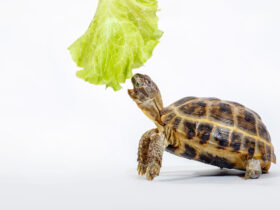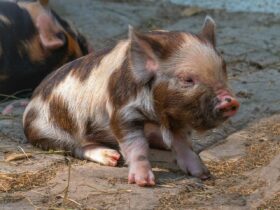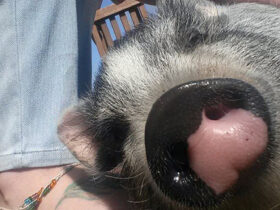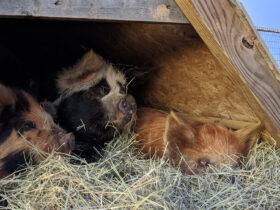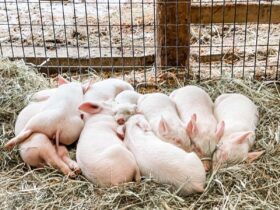Mini pigs are becoming increasingly popular as pets due to their intelligence, social nature, and ability to form strong bonds with their owners. However, caring for a mini pig requires more than just affection and attention; their diet plays a crucial role in maintaining their health and well-being. In this comprehensive guide, we will explore everything you need to know about a mini pig diet, from what they should eat to how much to feed them, and tips for managing their weight.
What Should Mini Pigs Eat?
Mini pigs are omnivores, meaning they consume both plant and animal matter. However, their diet should be carefully balanced to meet their specific nutritional needs. A well-rounded mini pig diet consists primarily of a commercially available, nutritionally balanced, pelleted chow formulated specifically for mini pigs. These pellets are designed to provide all the essential nutrients that mini pigs require at different stages of life.
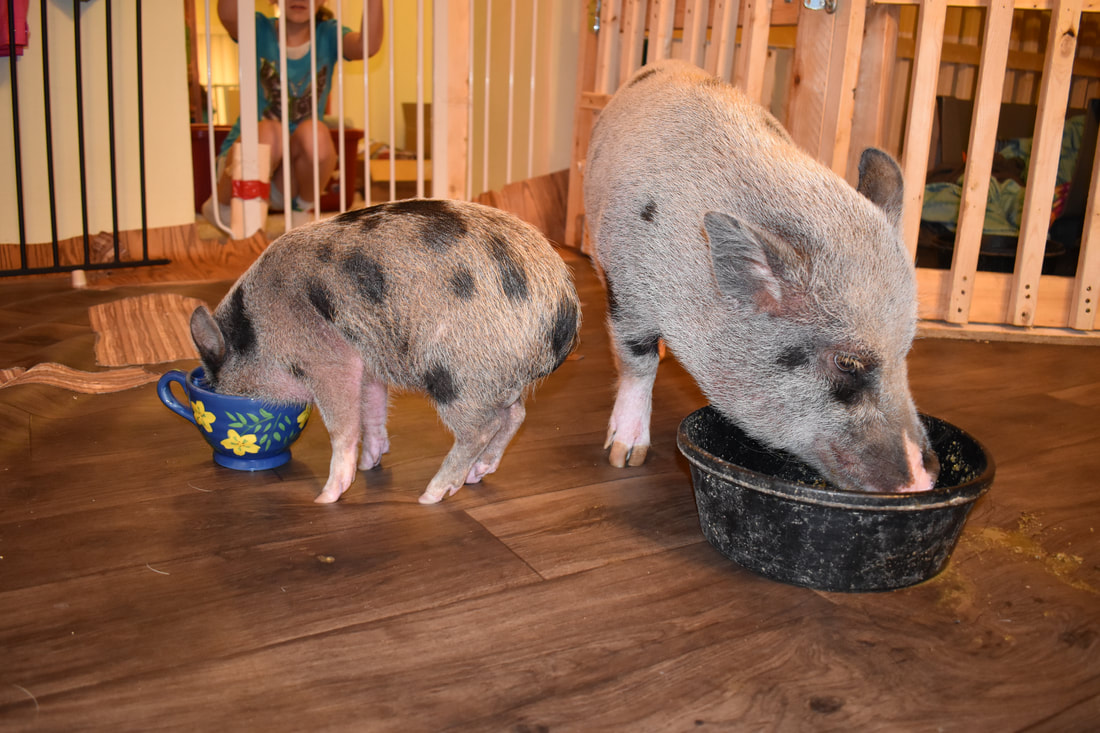
Recommended Mini Pig Pellets
Several brands offer high-quality mini pig pellets, including:
- Mazuri® Mini Pig Food: A popular choice among mini pig owners for its balanced nutrition.
- Heartland Mini Pig Feed: Formulated for different life stages, ensuring your pig gets the right nutrients.
- Ross Mill Farm Mini Pig Food: Known for its quality and nutritional value.
- Purina Nature’s Match®: A trusted brand that offers mini pig-specific formulations.
- Manna Pro® Mini Pig Feed: Provides a balanced diet for growing and adult pigs.
- Country Feeds® Mini Pig Feed: Another reliable option for feeding mini pigs.
These pellets come in different formulations based on your pig’s life stage, whether they are newly born, young and growing, fully-grown adults, or breeding or lactating pigs. Be sure to choose the right formulation for your pig’s age and needs.
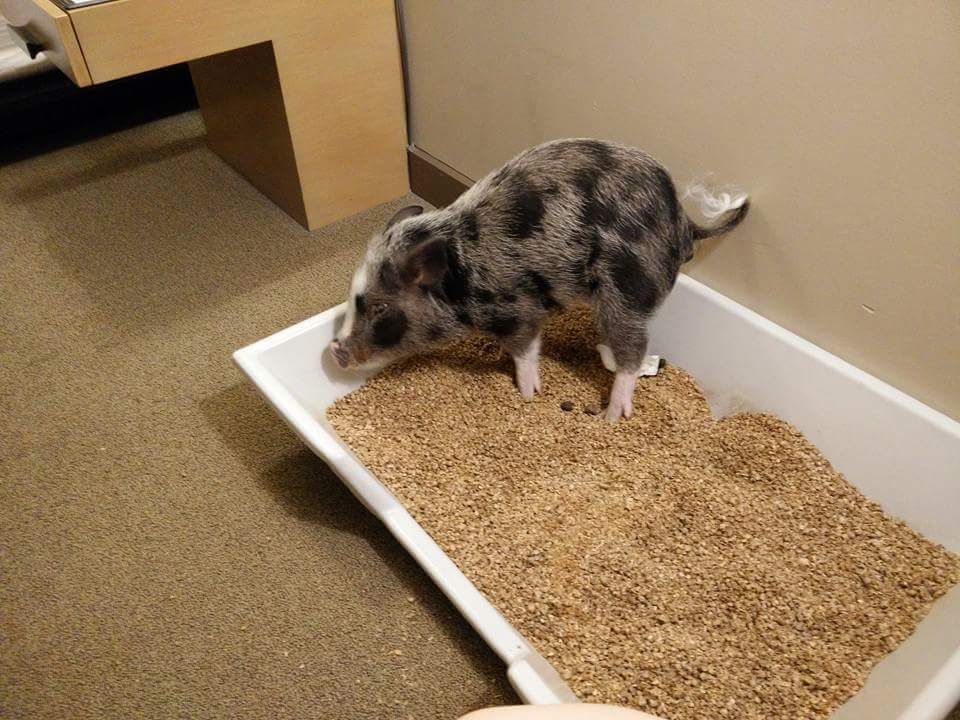
Fresh Water and Additional Foods
In addition to pelleted food, mini pigs should always have access to fresh water. Dehydration can lead to serious health issues, so ensure your pig has a constant supply of clean water.
Mini pigs can also enjoy small amounts of other foods, such as:
- Fresh or frozen vegetables: These should make up a significant portion of their diet. Recommended vegetables include:
- Celery
- Cucumbers
- Peppers
- Zucchini
- Carrots
- Squash
- Pumpkin
- Sweet potatoes
- Leafy greens (such as spinach, kale, and romaine lettuce)
Note: Starchy vegetables like potatoes should be limited, as they can contribute to weight gain.
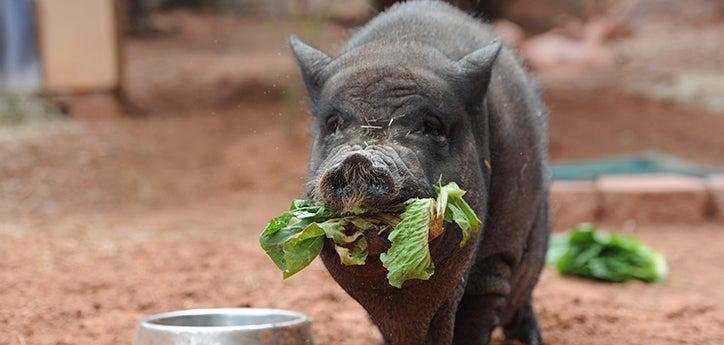
- Fruits: While mini pigs enjoy fruits, they should be given in moderation due to their high sugar content. Recommended fruits include:
- Apples (without seeds)
- Grapes
- Pears
Avoid canned fruits, as they are often high in sugar and preservatives.
- Fresh hay: Timothy hay, orchard grass hay, or brome hay can be provided as a fiber source.
- Fresh, untreated grass: If you have a safe, pesticide-free yard, your mini pig can graze on fresh grass.
- Coconut oil: A teaspoon of coconut oil daily can help maintain a healthy skin and coat.
- Canned pumpkin or yogurt: A spoonful of canned pumpkin or a tablespoon of yogurt can promote gastrointestinal health.
Supplements
Depending on your mini pig’s diet and health, you may need to provide additional supplements. Consult with your veterinarian to determine if your pig requires any specific vitamins or minerals.
How Much Should I Feed My Mini Pig?
The amount of food your mini pig needs depends on its age, activity level, and individual metabolism. However, a general guideline is to feed your pig 2% of its body weight per day. For example, a 50-pound mini pig would need approximately 1 cup of food per day.
Feeding Guidelines
- Young pigs: Pigs under the age of one year may require more food as they are still growing. Consult your veterinarian for specific recommendations.
- Adult pigs: Mature pigs should be fed based on their weight and activity level.
- Senior pigs: Older pigs may require fewer calories as their metabolism slows down.
It is important to avoid overfeeding your mini pig, as they are prone to obesity. If you are unsure how much to feed your pig, consult with your veterinarian for personalized advice.
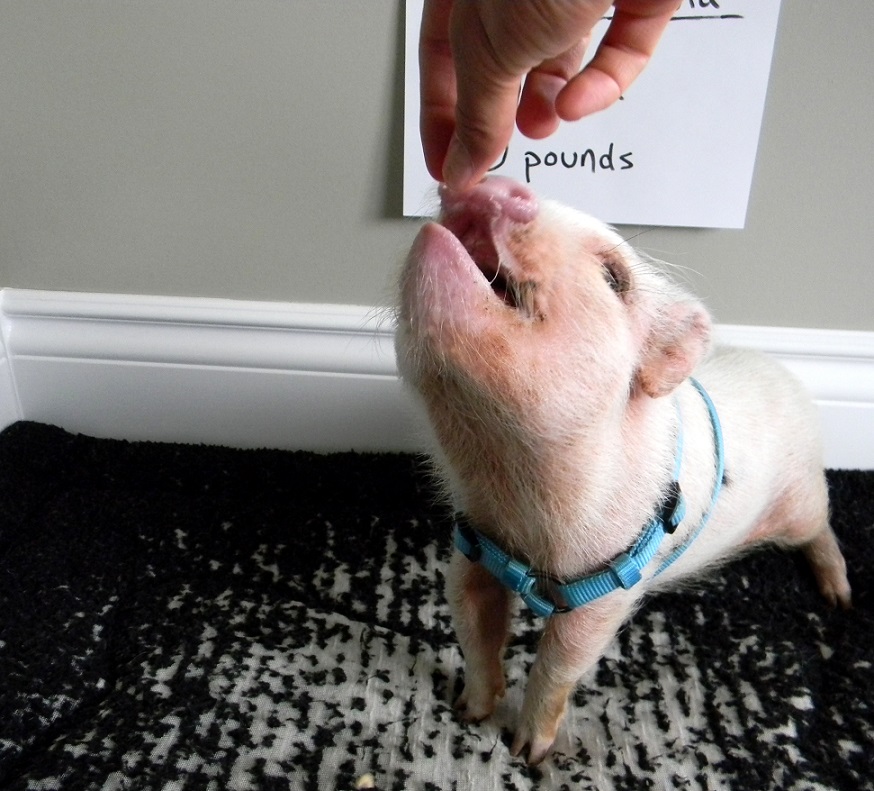
Feeding Tips for Mini Pigs
Feeding mini pigs requires more than just providing food. Here are some tips to ensure your pig stays healthy:
- Feed at least twice a day: Split your pig’s daily food intake into two or more meals to prevent overeating and promote digestion.
- Encourage foraging: Mini pigs are natural foragers, so try to mimic this behavior by using foraging toys or scattering food in their enclosure. This will keep them mentally stimulated and help prevent boredom.
- Avoid feeding from bowls: Feeding from bowls can lead to rapid eating, which may contribute to obesity. Instead, use food-dispensing toys or spread food around their living area.
- Limit treats: While mini pigs love treats, they should be given sparingly. Healthy treat options include small pieces of vegetables or fruits.
- Do not feed table scraps: Human food can be harmful to mini pigs and may lead to nutritional imbalances or health problems.
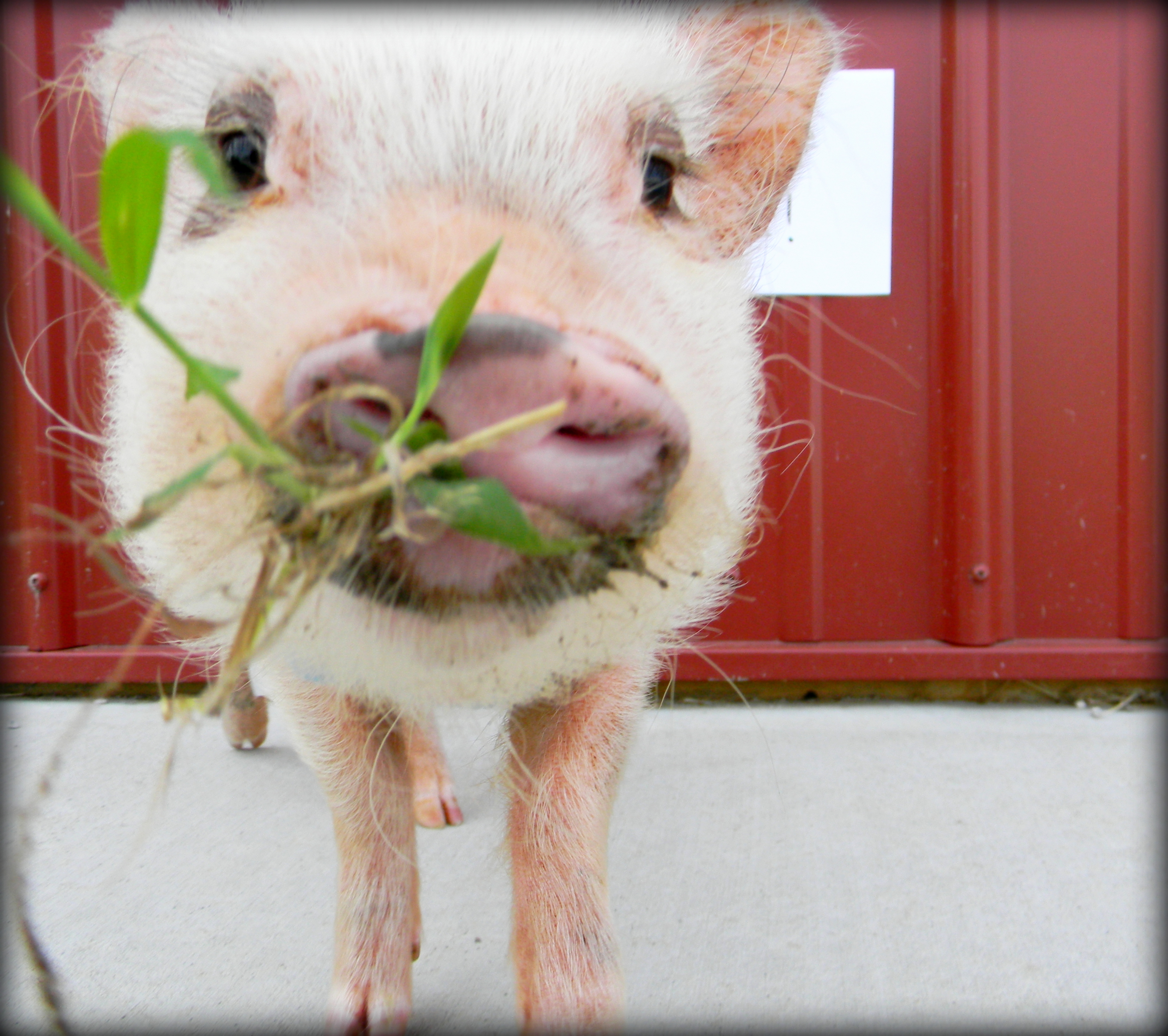
Foods to Avoid
Certain foods are toxic to mini pigs and should be avoided at all costs. These include:
- Alcohol
- Avocado (especially the skin and pit)
- Caffeinated items (coffee, tea, chocolate)
- Canned fruits or vegetables (due to high salt content)
- Cat and dog food (too high in protein)
- Chicken feed (not formulated for pigs)
- Commercial hog food (meant for rapid growth in farm pigs)
- Corn stalks (high in nitrates)
- Meat, bones, and offal
- Milk and dairy products
- Raw beans (contain toxins harmful to pigs)
- Salty foods (chips, pretzels)
- Stone fruits (un-pitted)
- Used cooking oil
- Nuts (especially with shells)
- Moldy walnut shells
Always be cautious about what your mini pig has access to, as ingesting toxic foods can lead to serious health issues.
Weight Management for Mini Pigs
Obesity is a common issue in mini pigs, primarily because they are prone to overeating and often do not get as much exercise as their wild counterparts. An overweight mini pig can face numerous health problems, including joint issues, heart disease, and a shortened lifespan.
Tips for Managing Your Mini Pig’s Weight
- Monitor their food intake: Stick to the recommended feeding guidelines and avoid giving extra food or treats.
- Increase exercise: Encourage your pig to be active by providing toys, allowing them to graze outdoors, or setting up an obstacle course in their enclosure.
- Consult your veterinarian: If you are struggling to manage your pig’s weight, speak with your vet for advice on adjusting their diet or exercise routine.
Conclusion
Providing a balanced and nutritious diet is essential for keeping your mini pig healthy and happy. By following the guidelines outlined in this article, you can ensure that your mini pig receives the proper nutrition it needs at every stage of life. Remember to consult with your veterinarian for personalized advice and to monitor your pig’s weight and overall health regularly.
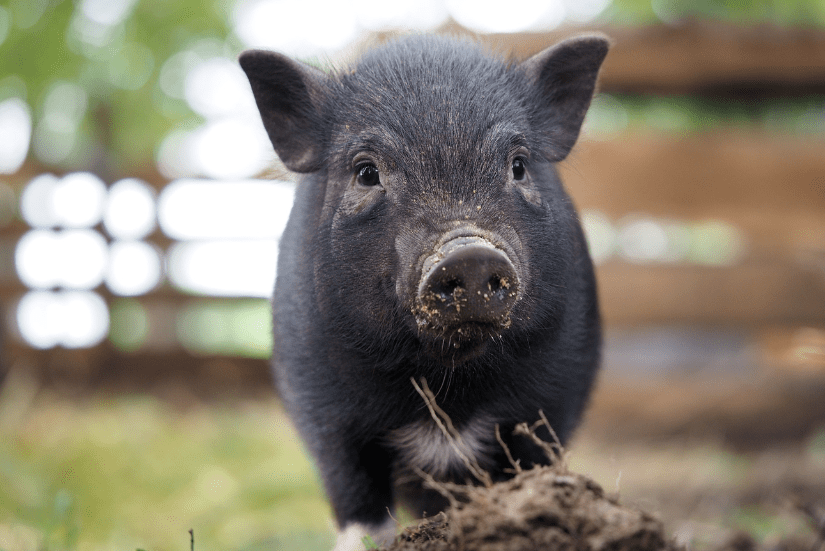
FAQ
1. What is the best food for mini pigs?
The best food for mini pigs is a commercially available, nutritionally balanced pelleted chow formulated specifically for mini pigs. Brands like Mazuri®, Heartland, and Purina Nature’s Match® offer high-quality options.
2. Can mini pigs eat fruits and vegetables?
Yes, mini pigs can eat fruits and vegetables, but they should be given in moderation. Vegetables like celery, cucumbers, and leafy greens are great, while fruits such as apples and grapes should be limited due to their sugar content.
3. How much should I feed my mini pig?
A general guideline is to feed your mini pig 2% of its body weight per day. For example, a 50-pound pig would need about 1 cup of food daily. Always consult with your veterinarian for specific feeding recommendations.
4. What foods are toxic to mini pigs?
Toxic foods for mini pigs include alcohol, avocado, caffeinated items, cat and dog food, and raw beans. Be sure to avoid these and other harmful foods listed in this article.
5. How can I help my mini pig lose weight?
To help your mini pig lose weight, reduce their food intake, increase their exercise, and avoid giving extra treats. If needed, consult with your veterinarian for a tailored weight loss plan.
